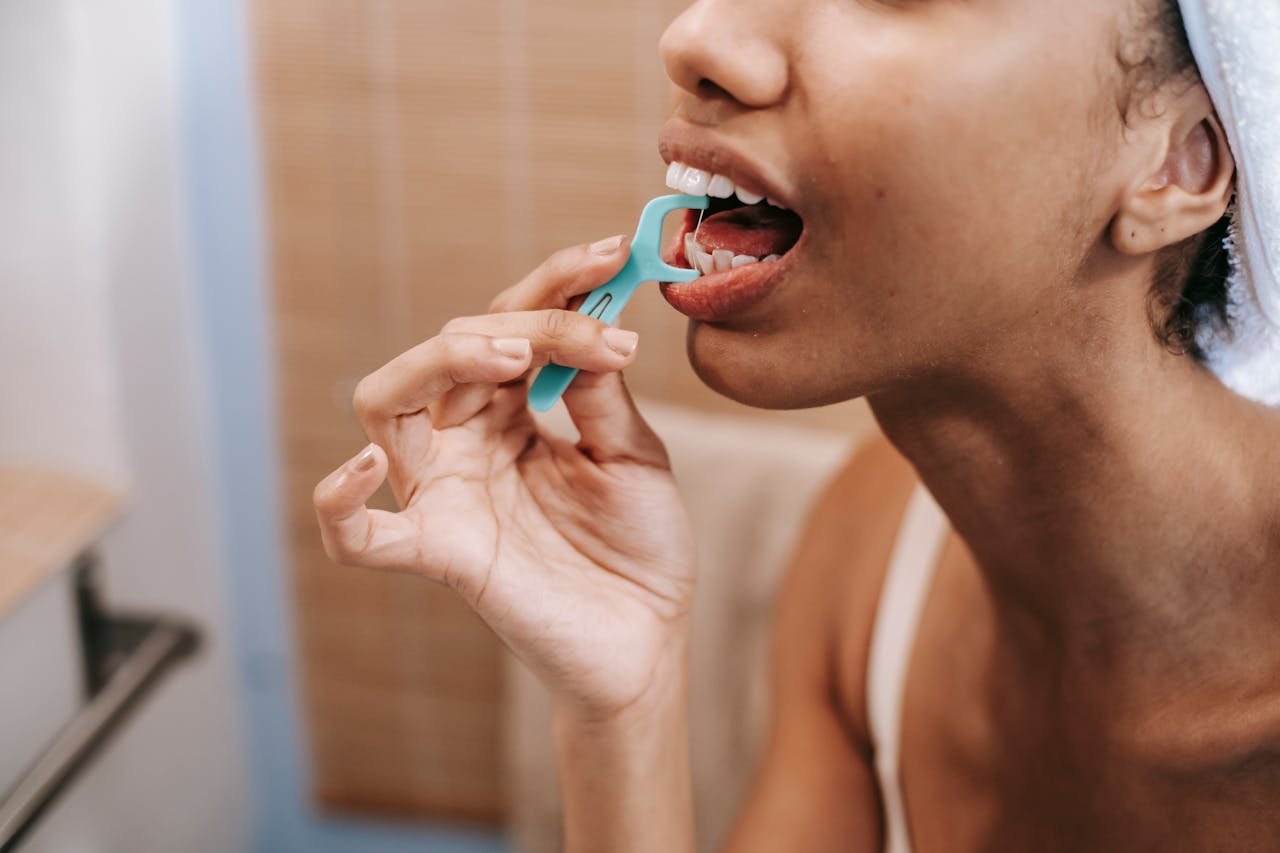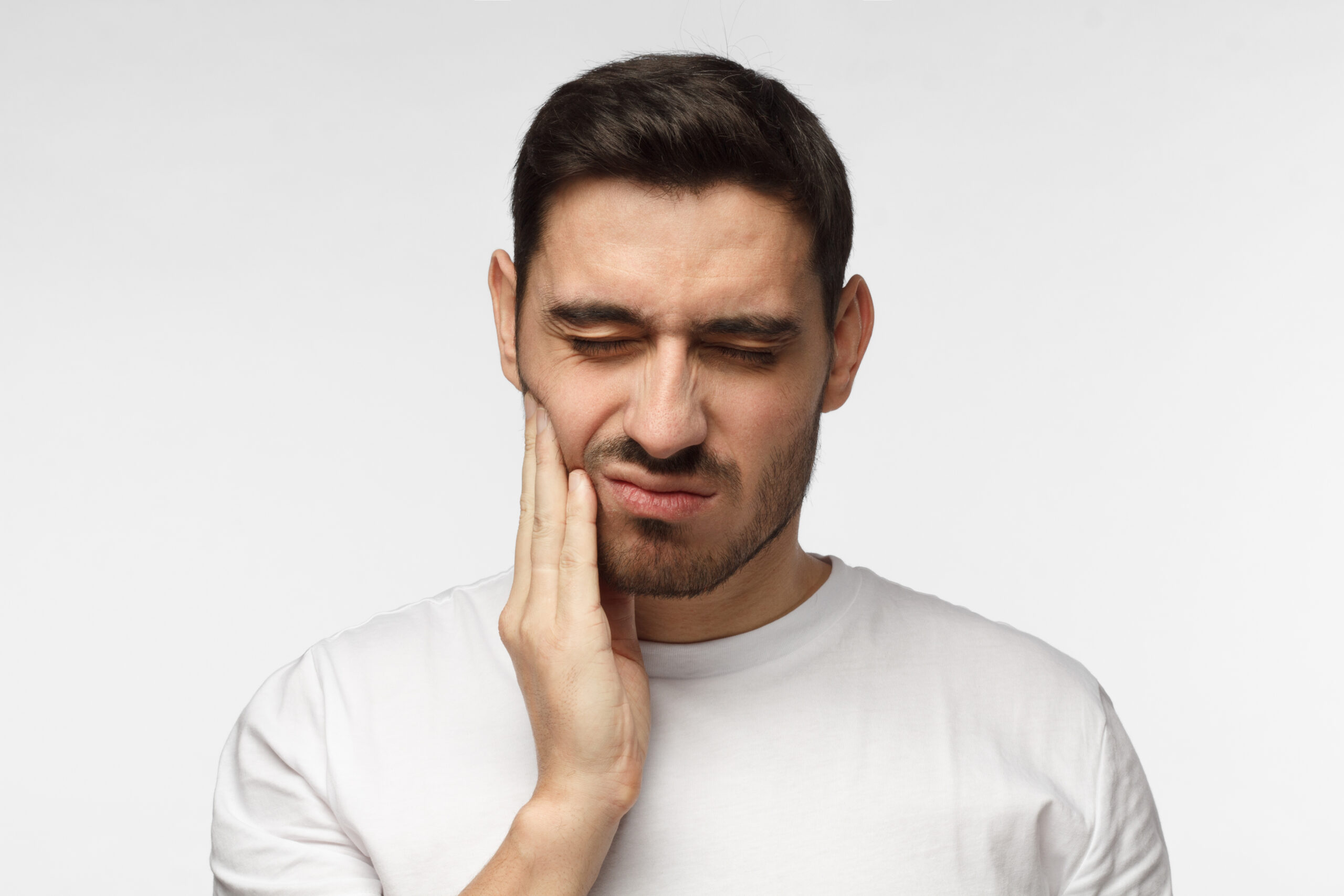
How to Handle a Dental Emergency Before Seeing a Dentist

Dental emergencies can happen unexpectedly, catching you off guard and causing a lot of distress. Whether you suddenly have a sharp toothache or experience a chipped tooth, knowing what to do before you reach the dentist can make a big difference. Quick and calm actions can help manage pain and protect your teeth from further harm.
Understanding the common types of dental emergencies and how to tackle them right away is crucial. From rinsing with warm water to applying a cold compress, simple steps can provide temporary relief. Additionally, knowing how to properly handle incidents like a knocked-out tooth can improve your chances of saving it.
Being prepared can help you stay in control during an unexpected dental issue. This article offers guidance on handling dental emergencies, giving you the tools to manage the initial shock and discomfort before you get professional help.
Identifying Common Dental Emergencies
Dental emergencies can take many forms, each requiring a different approach to handle the situation effectively. Being able to identify the type of dental emergency you are experiencing is the first step in managing it. Common dental emergencies include toothaches, chipped or fractured teeth, and knocked-out teeth. Each of these issues presents its own challenges and requires specific immediate actions.
Toothaches can range from mild discomfort to severe pain, often caused by cavities, infections, or gum disease. Chipped or fractured teeth are usually the result of an injury or biting something hard. The severity can vary, with some breaks exposing the sensitive tissues inside the tooth. Knocked-out teeth are perhaps the most alarming and require quick, careful handling to optimize the chances of saving the tooth.
Assessing the severity of your situation helps determine the urgency of getting professional help. A mild toothache might allow for a bit of at-home care before seeing a dentist, while a knocked-out tooth needs urgent attention. If the pain is severe, involves swelling, or you’re unable to function normally, it’s crucial to seek emergency dental care as soon as possible. Recognizing these issues quickly lets you take the right actions to protect your teeth and gums until you reach a dentist.
Immediate Steps For Temporary Relief
When faced with a dental emergency, swift action is critical. Understanding what you can do to manage pain and discomfort before seeing a dentist can make the situation more bearable. While long-term solutions will require professional care, there are several things you can do right away for temporary relief.
- Rinse with Warm Water: If there’s bleeding or a feeling of discomfort, gently rinse your mouth with warm water to clean the area. This helps remove debris and soothe the affected part.
- Floss Gently: Sometimes, stuck food particles can cause pain. Flossing can help remove them, potentially easing irritation. Be gentle to avoid adding more pain.
- Apply a Cold Compress: Use a cold compress on the outside of your mouth where the issue is. This can reduce swelling and provide some pain relief.
- Take Over-the-Counter Pain Relievers: If the pain is mild to moderate, over-the-counter medications like ibuprofen can help manage it. Avoid placing aspirin directly on the tooth or gums, as it could irritate the tissues.
- Avoid Using the Affected Tooth: Stick to soft foods and try not to chew on the side where there’s a problem. This minimizes the risk of exacerbating the injury.
By taking these steps, you can reduce discomfort and stabilize the situation until you receive professional dental care. Remember, these are just temporary measures—the sooner you can see a dentist, the better your chances of proper treatment and recovery.
Preserving a Knocked-Out Tooth
Having a tooth knocked out is a dental emergency that needs swift action. If you find yourself in this situation, you have a better chance of saving the tooth if you act quickly. The key to preserving a knocked-out tooth is to handle it carefully and know the right steps to take before you get professional dental help.
Start by picking up the tooth by the crown, which is the part that is visible in your mouth, and avoid touching the root. Handling the root can damage the delicate cells needed to reattach the tooth. If the tooth is dirty, gently rinse it with water, but don’t scrub it or remove any tissue attached. After cleaning, try to place the tooth back into the socket. If that’s not possible, keep the tooth moist.
To ensure the tooth stays moist, place it in a small container of milk or a saline solution. Alternatively, you can keep it in your mouth between your gum and cheek—just be careful not to swallow it. All these methods help keep the root alive and increase your chances of a successful re-implantation. Time is of the essence, so act fast and get to a dentist within 30 minutes if possible.
When to Seek Emergency Dental Care
Recognizing when to seek immediate dental care can protect you from further discomfort and complications. Not every dental issue needs urgent care, but knowing which symptoms should prompt a visit to the dentist can help in taking timely action. Signs like severe toothaches, uncontrollable bleeding, or an abscess demand immediate attention.
Seek emergency dental care if you experience intense pain that doesn’t go away with standard pain relief measures. Swelling of the face or gums paired with fever could indicate a serious infection that needs prompt treatment. A knocked-out or severely fractured tooth also requires urgent evaluation, especially if you’re unable to reinsert the tooth.
Timely professional intervention is crucial in preserving your dental and overall health. Before you reach the dentist, refrain from eating hard foods, keep the area clean, and avoid any actions that might increase discomfort. Use the steps you’ve learned here to manage the situation, but trust that visiting a dentist quickly will provide the best outcome. Protect yourself by acting swiftly and decisively.
Conclusion:
Managing a dental emergency before seeing a dentist can make a significant difference in outcomes and recovery. Equipped with the proper knowledge and actions, you can alleviate immediate pain and possibly save your tooth. Whether it’s dealing with a persistent toothache, managing a chipped tooth, or preserving a knocked-out tooth, each step is vital for maintaining oral health until professional care is received.
In these situations, acting calmly and knowledgeably can prevent further damage and ease discomfort, ensuring that when you do get to a dental professional, your situation is as manageable as possible. Gresham Advanced Dentistry is here to provide expert dental emergency services. If you experience a dental emergency in Gresham, OR, our compassionate team is ready to help, ensuring you return to comfort and health quickly. Schedule an appointment with us for all your dental needs, and let us guide you through any dental emergencies you may face.









